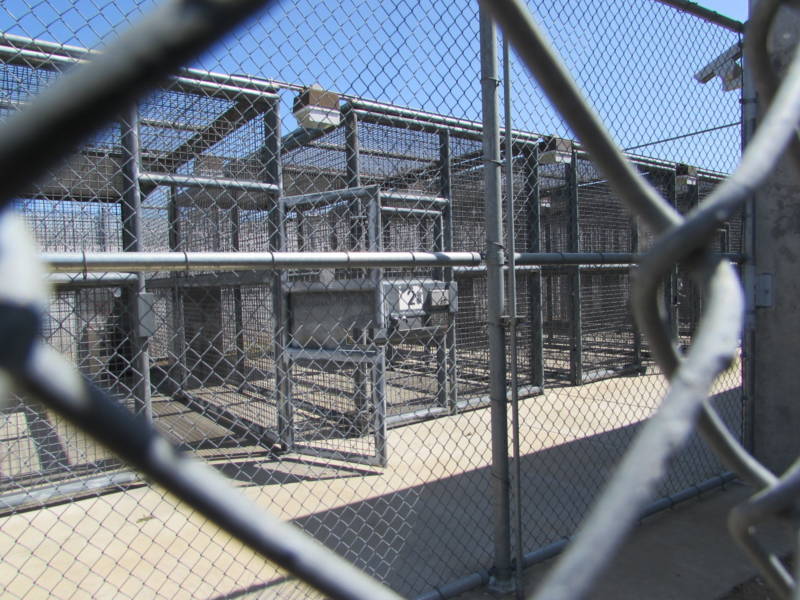The news comes just a week after the court published a redacted copy of a report by the chief psychiatrist for the California Department of Corrections and Rehabilitation, alleging prison officials distorted data in reports to the court to create an illusion of robust care that, in fact, often failed to provide timely treatment to severely mentally ill inmates.
Chief Psychiatrist Dr. Michael Golding challenged prison officials’ claims that inmates were seen by psychiatrists within a court-mandated period 95 percent of the time. That data, he said, left out any appointments where inmates didn’t show because of illness or a custodial issue. Any appointments that were rescheduled were also excluded from the formula. Golding said a policy of "resetting the clock" when an inmate was transferred to another facility masked delays in treatment for up to eight months.
He described a culture in which medically trained psychiatrists were not always consulted by psychologists or prison administrators when they should be, leading to violent deterioration in at least one psychotic patient.
The judge’s Nov. 7 order extended protections from retaliation to Gonzalez and anyone who assisted in the preparation of Golding’s report.
Mueller prohibited CDCR or their attorneys from launching an investigation, or compelling employees to answer questions about the matter as a condition of their employment.
The judge is expected to issue an order in the coming days to appoint an independent investigator who works for the court to look into the allegations raised by Golding before holding any evidentiary hearing on his report.
Asked about the “whistleblower scandal” at a press conference Wednesday, Gov. Jerry Brown said the allegations mischaracterize the mental health system in the prisons.
“I don't think any institution has been more thoroughly scrutinized than our prison system, and the mental health in particular is getting the benefit,” Brown said. “The people at CDCR that are running these programs are very honest, they're very competent, and I think they'll make their case.”
Prison officials did not immediately respond to the revelation Wednesday of more allegations from yet another prison psychiatrist. A spokeswoman previously said that the department “strongly disagrees” with Golding’s allegations and looks forward to “a fair and thorough review and hearing of all the facts."
A third prison psychiatrist has reportedly made similar claims in a complaint filed in Sacramento County Superior Court. The Sacramento Bee reported that Dr. Karuna Anand was eventually fired after she complained that poor psychiatric care had contributed to three inmate suicides.

